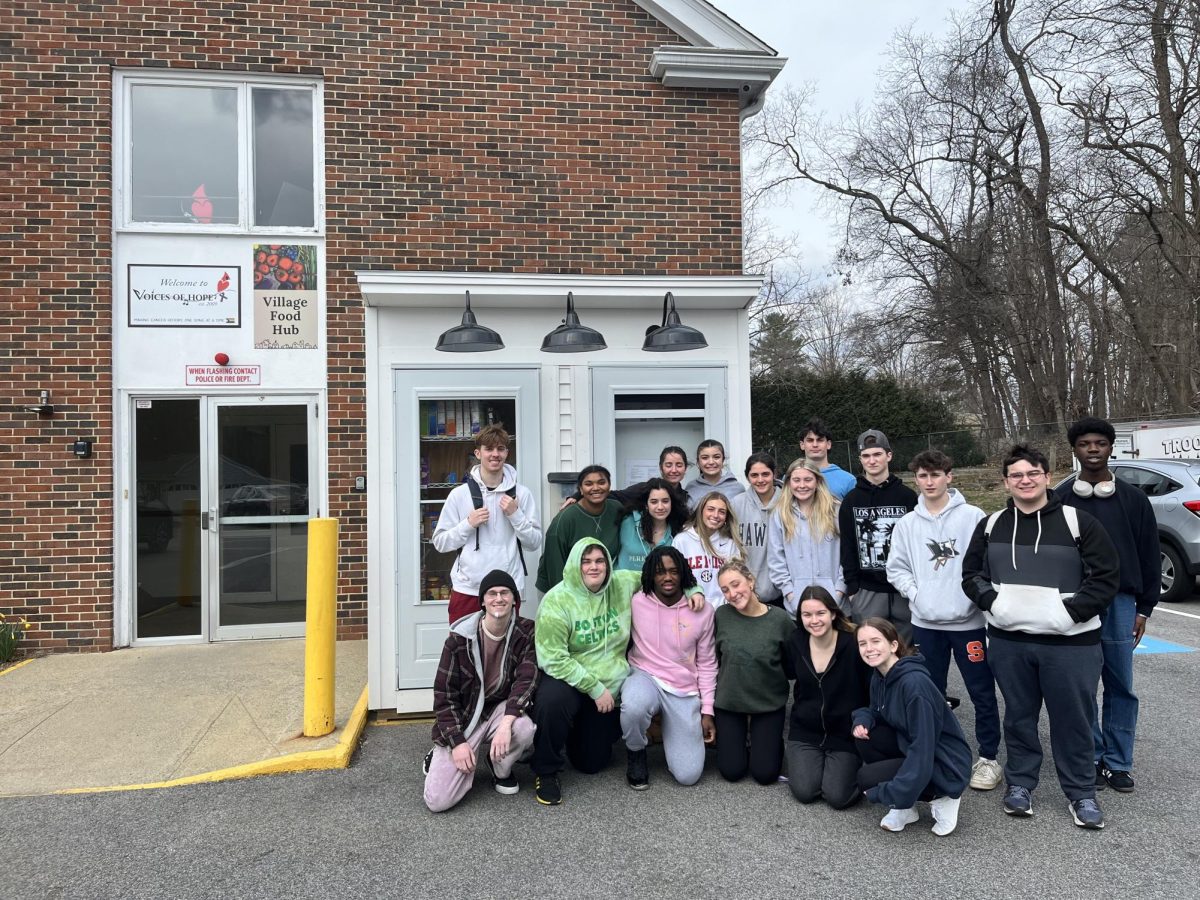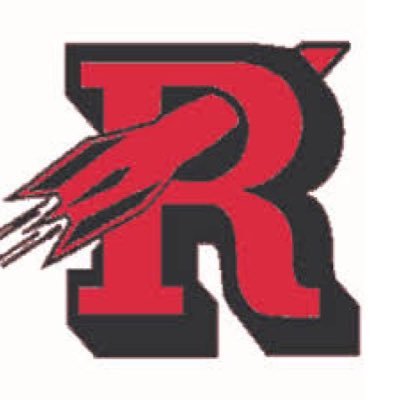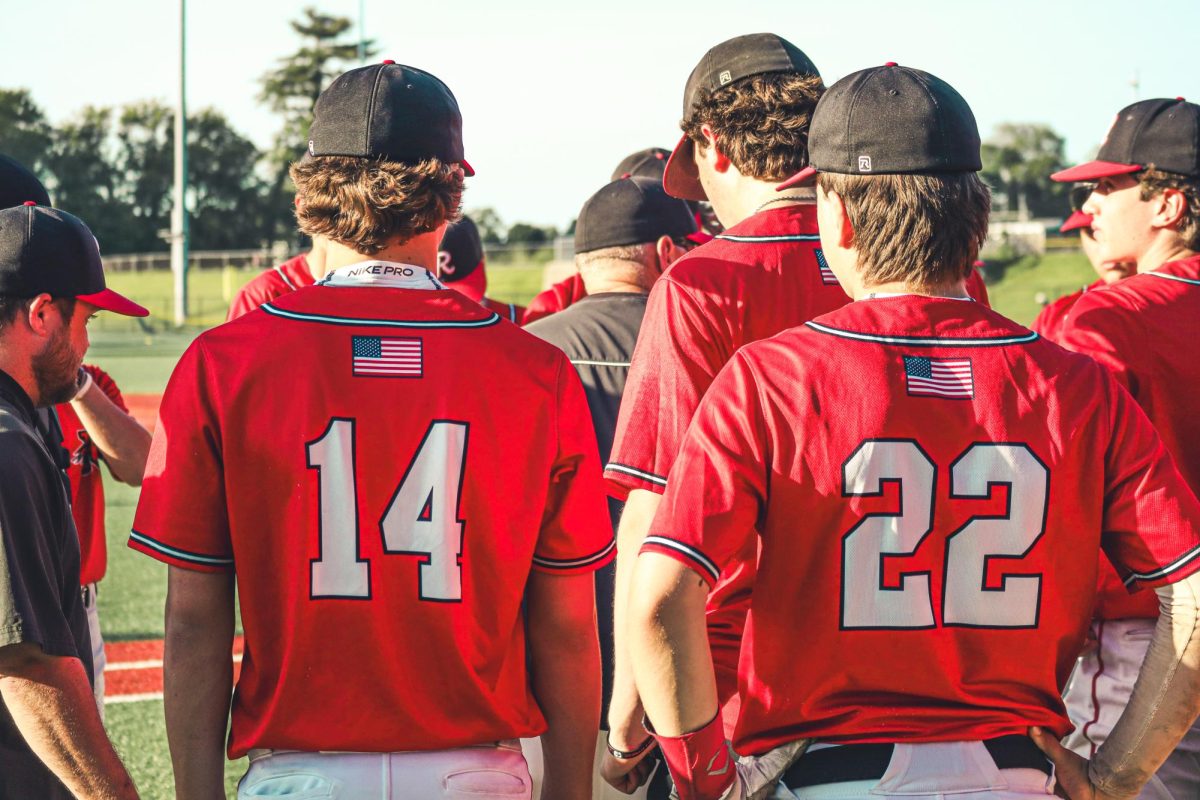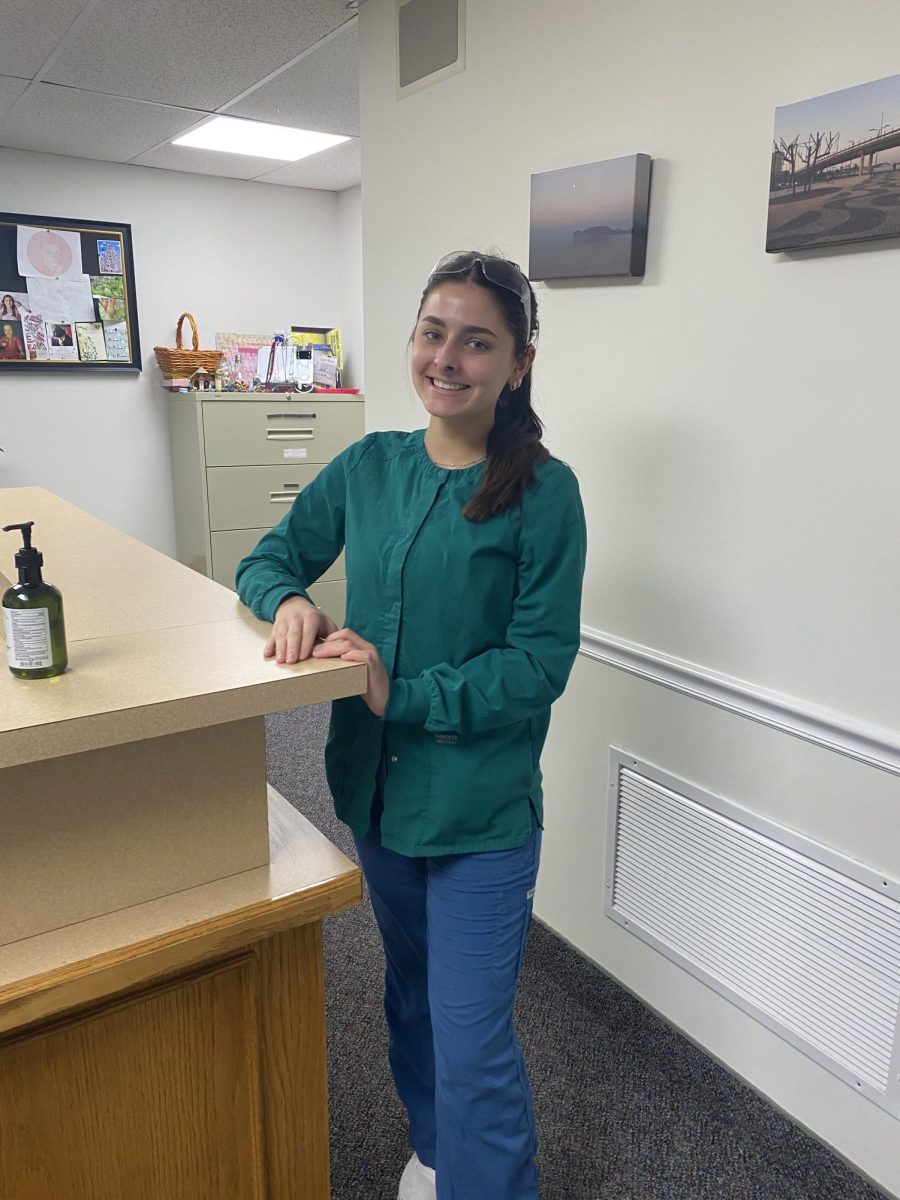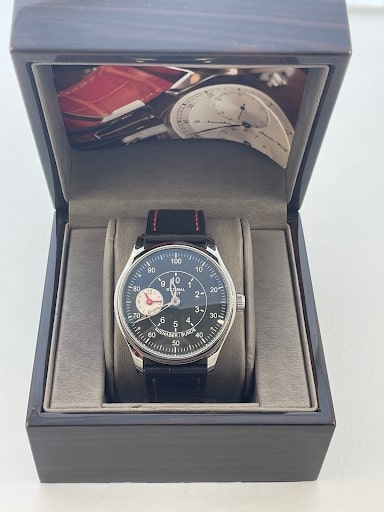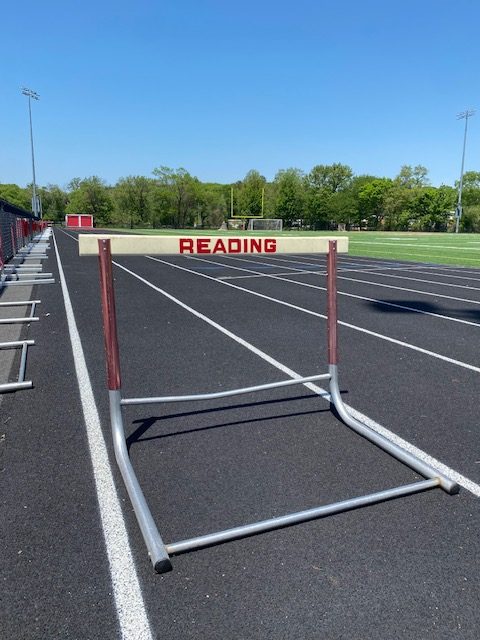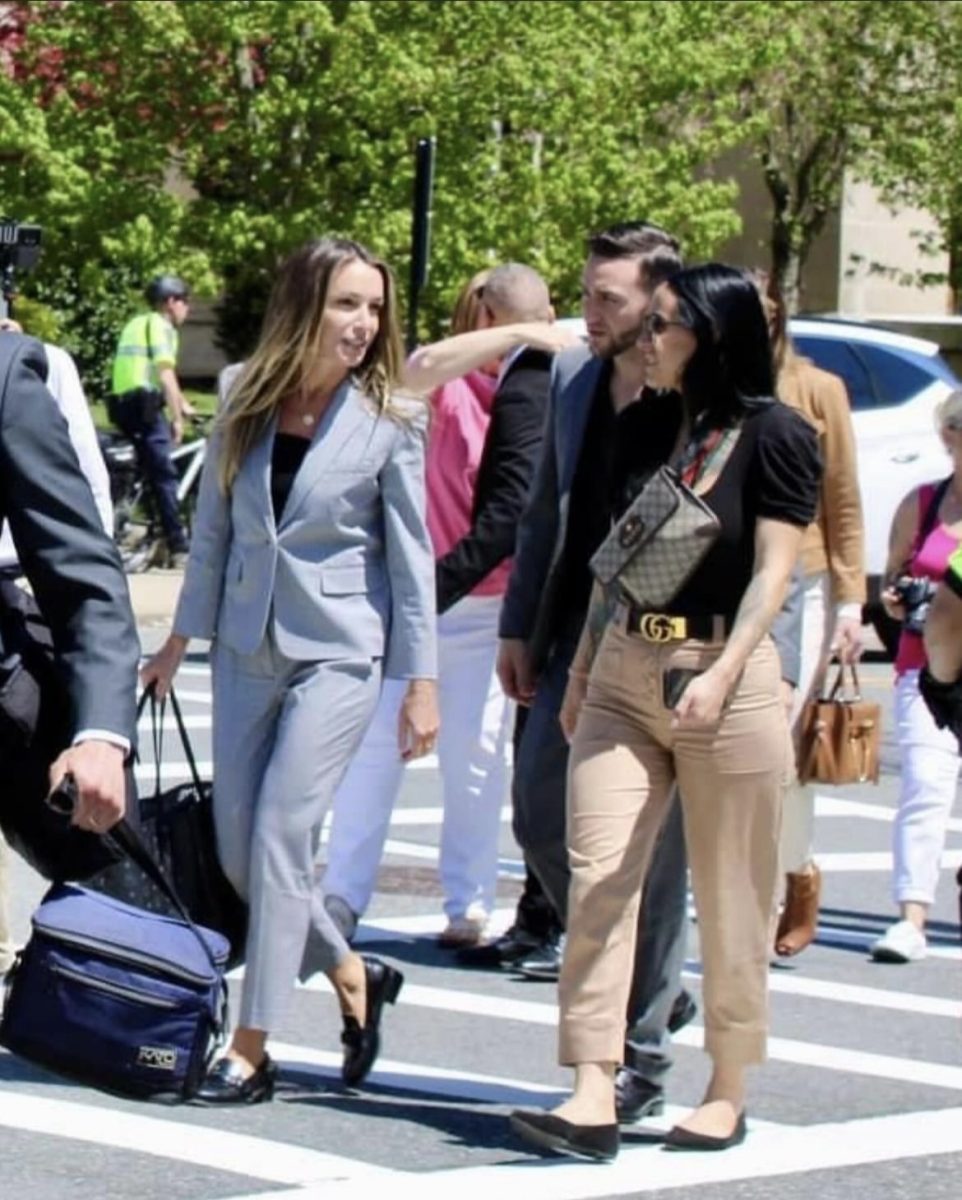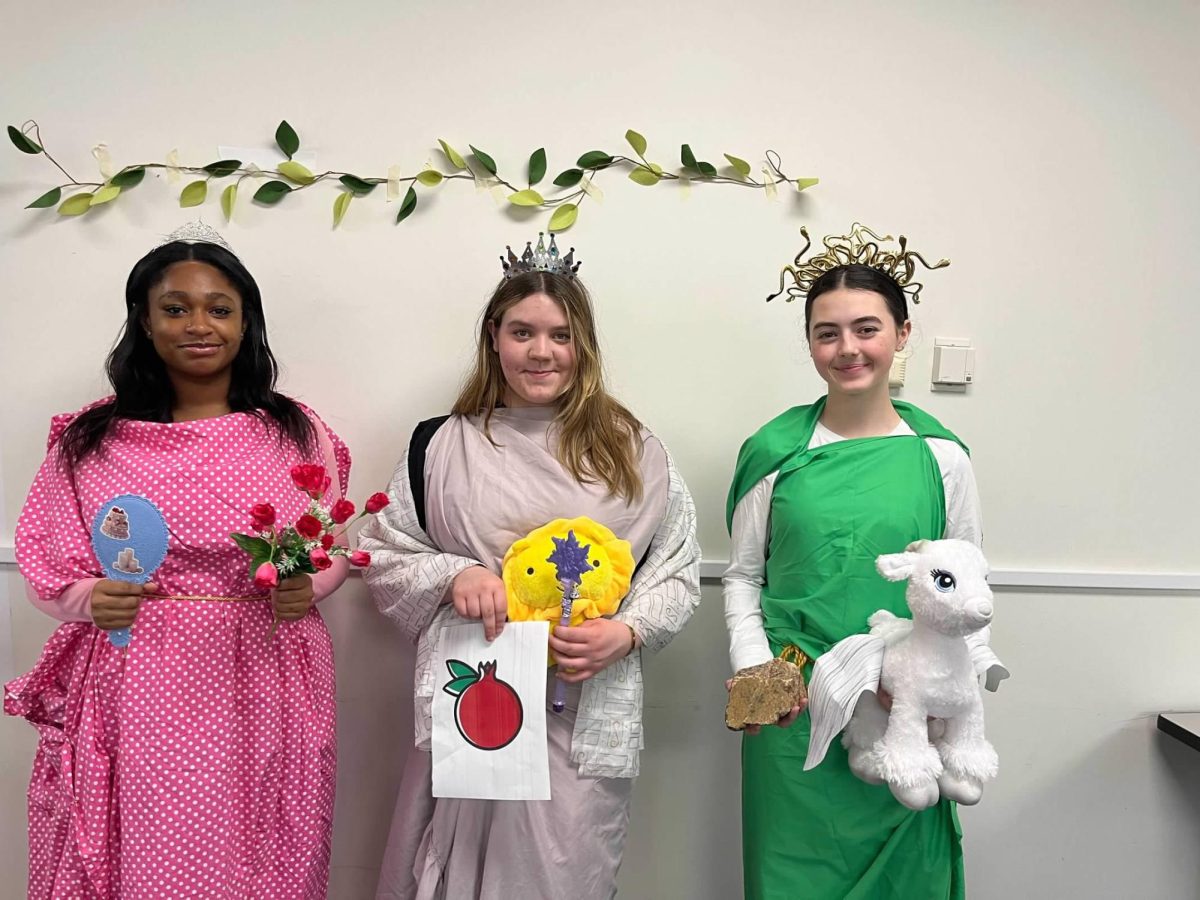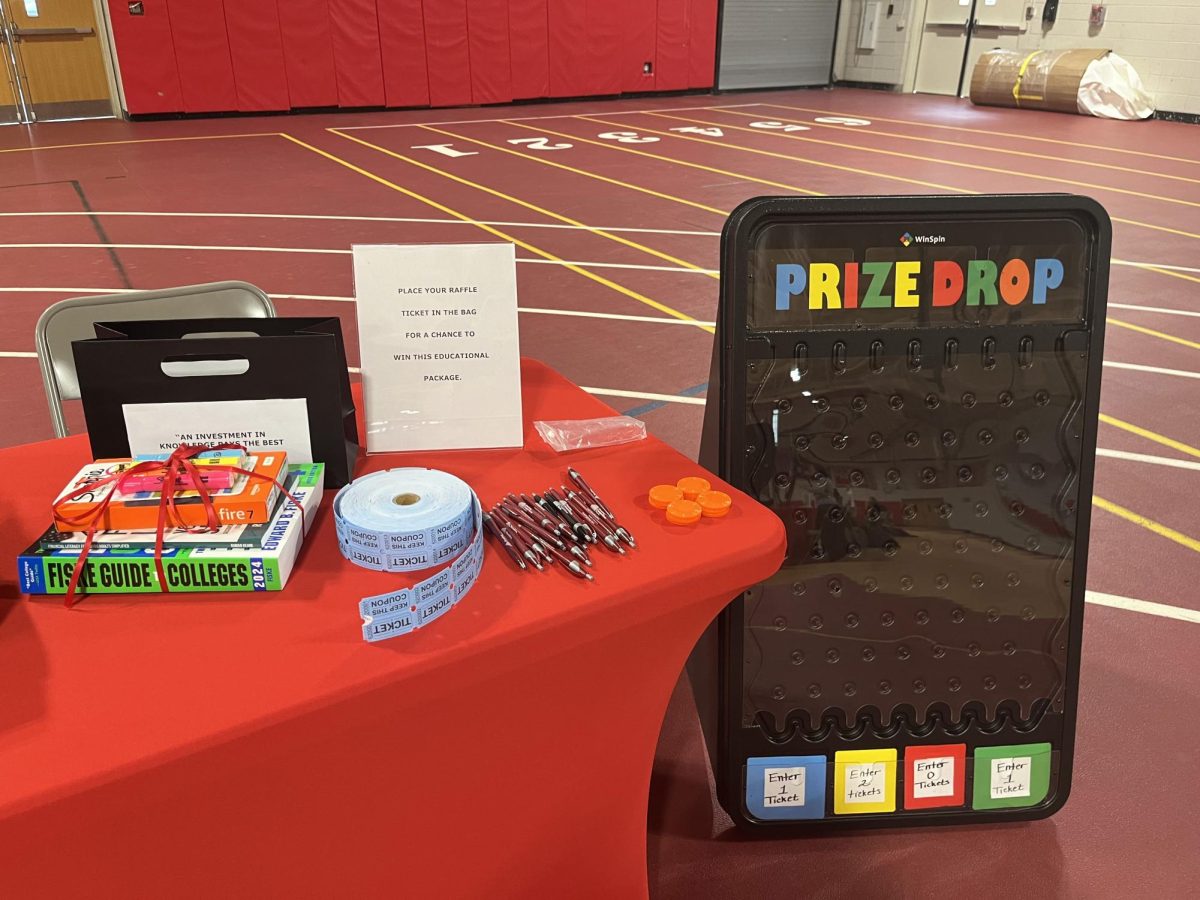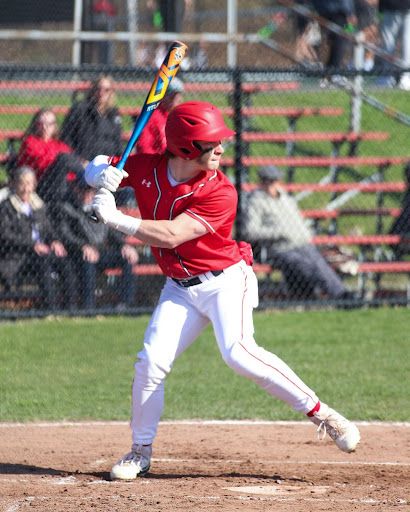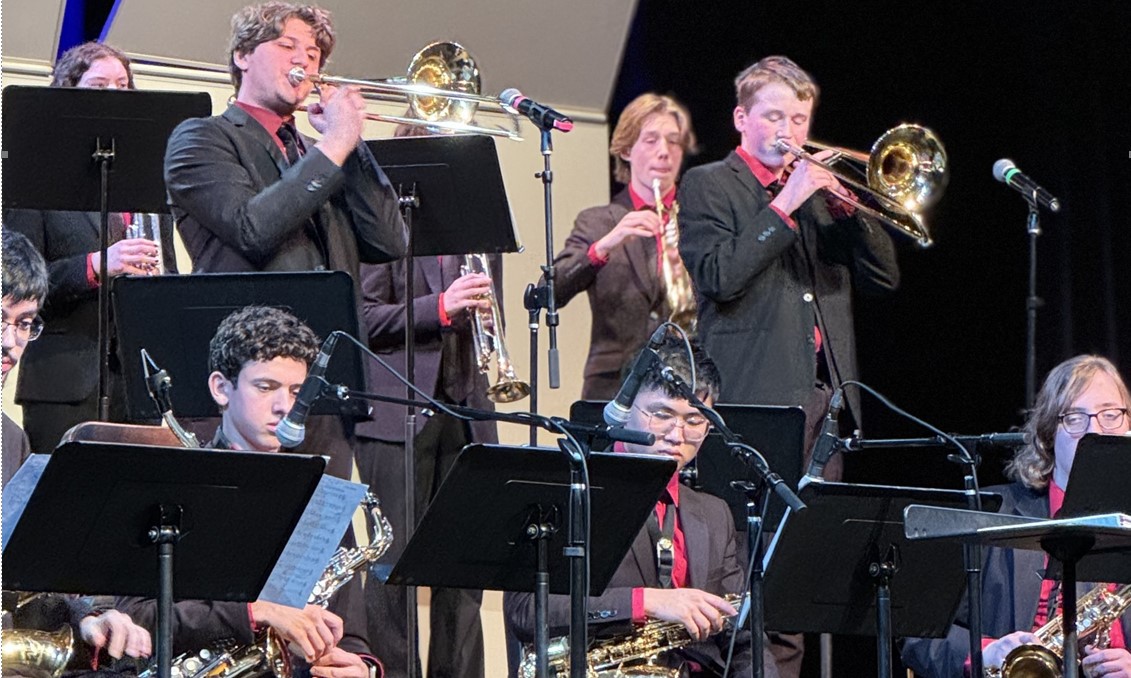Scientific Ethics and Literacy, a new addition to the roster of RMHS science classes, has reached the end of its first year.
This class, not to be confused with the similar social studies course Ethics in Society, was taught by Mrs. Cambra of the Science Department, and described by the RMHS Program of Studies as, “a course where students will start by developing critical scientific literacy skills, then use those skills to delve into a variety of topics where scientific knowledge intersects with societal challenges.” Students examined real-world problems like overpopulation and how agriculture influences the climate, and made their own opinions and observations, instead of being told what is right or wrong.
Gianna Farris (‘24) expressed her contentment with the class saying, “I like it, I think that we’re learning many cool things, and very important things about how to help the community. I would say it’s a fun class.” Farris believes that it offers more utility for those who struggle with the “numbers and math” part of science. Mrs. Cambra had the same train of thought, stating, “I think it’s different from other classes because it’s a combination of many topics together and helps you become a well-rounded individual. It helps you think about how you should vote and how you see the world.”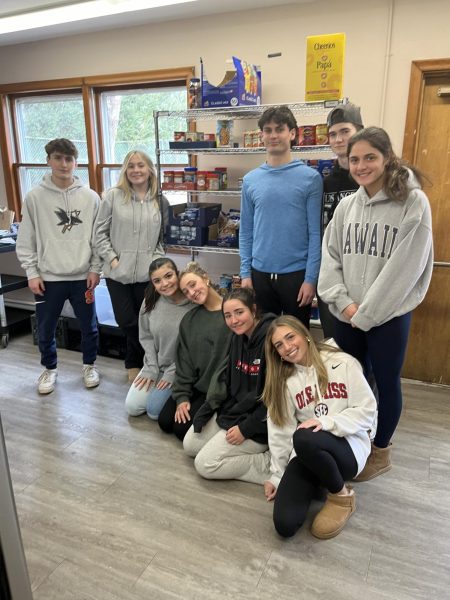
This class though, faced many challenges during the year. Mrs. Cambra talks about the difficulties of a class that can encompass so many topics. She says the biggest obstacle was, “finding information that would be interesting to a high school student and not having just a textbook and readings; trying to make it interesting and also allowing students to connect to it in an easy way.”
A major unit of Scientific Ethics was food insecurity, not just around the world or the country, but in our own community. According to the USDA, food insecurity is, “When people don’t have enough to eat and don’t know where their next meal will come from.” This unit in particular made students realize that issues that seem far away are closer than they may think, and this feeling was multiplied when students attended a field trip on March 20th. They went to the Village Food Hub in Andover and were surprised to learn the amount of food insecurity that communities near them have.
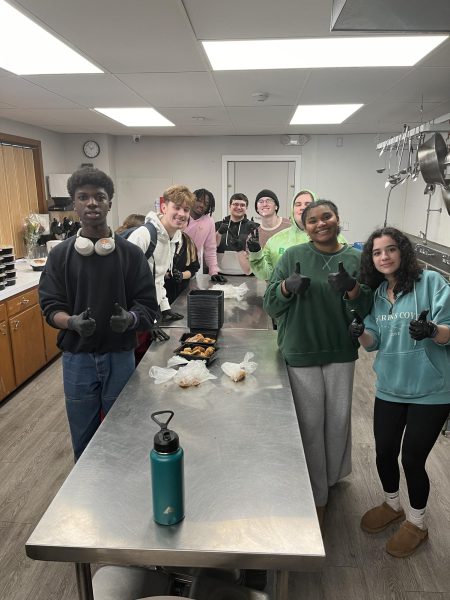
As the course finds most of its students leaving for internships, students and teacher alike have time to look back at the year. Sam Skelton (‘24) found taking Scientific Ethics and Literacy to be a worthwhile experience noting, “Yes, I definitely would recommend this class because it’s a big difference from Biology, Chemistry, and Physics, and it gives a new level of understanding of new sciences.”
